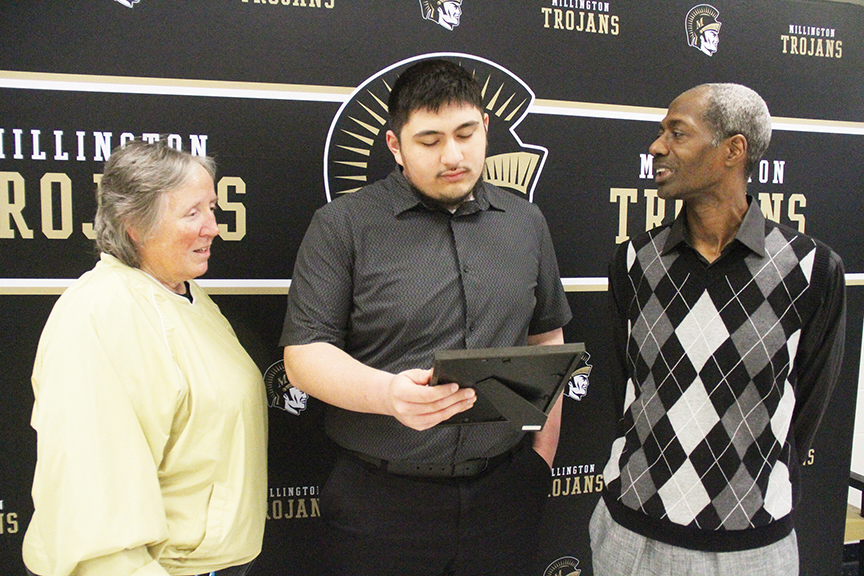Star Staff Reports
The shoulder is one of the most amazing parts of the human body.
The combination of tendons and four major muscles in the shoulder make up the rotator cuff that can move and turn through a greater range of motion than any other joint in the body. Unfortunately, this flexibility comes at a price.
Rotator cuff injuries, whether from repetitive stress or trauma, are not uncommon. Injury may occur gradually, as in the case of tendonitis or bursitis. Tendonitis is an inflammation of the tendons due to overuse or overload. Bursitis is an inflammation of the bursa, a fluid-filled sac located between the shoulder joint and rotator cuff tendons. Not surprisingly, athletes and construction workers frequently experience rotator cuff injuries due to the repeated, significant strain put on rotator cuff muscles.
A sudden strain or tear may also occur after an event such as falling on to an outstretched hand. Poor posture, weak shoulder muscles and age-related degeneration may increase a person’s risk of rotator cuff injury.
“If someone is experiencing persistent shoulder discomfort, they should strongly consider seeing a physician,” said orthopedist Marcus Biggers, M.D. “Typical symptoms include pain during movement or when sleeping on the affected side, tenderness or weakness, and loss of shoulder mobility. A click or pop may also be heard or felt when the shoulder is moved. Movements that involve overhead motion, such as getting dressed or combing hair may become difficult and painful after this type of injury.”
Identifying a rotator cuff injury is usually done following a physical examination and medical history review. Imaging tests such as X-rays, magnetic resonance imaging (MRI), ultrasound or arthrogram (when dye is injected into the shoulder and X-rays are then taken) may be used to help detect a full or partial tendon tears.
“Treatment of a rotator cuff injury typically depends on the severity of the injury as well as the patient’s age, overall health and duration of the condition,” said Dr. Biggers. “Minor shoulder problems can be treated with strengthening exercises and anti-inflammatory medications such as ibuprofen, aspirin or acetaminophen; occasionally a steroid injection into the affected area can help reduce inflammation, decrease pain and increase joint mobility.”
Saint Francis Hospital-Bartlett is hosting a free informational event on causes and treatment options for shoulder pain. The event will be held at the hospital on Thursday, September 26 at 6 p.m.
For more information or to sign up for this event, go to www.SaintFrancisBartlett.com/ShoulderPain or call 844-623-3110.




